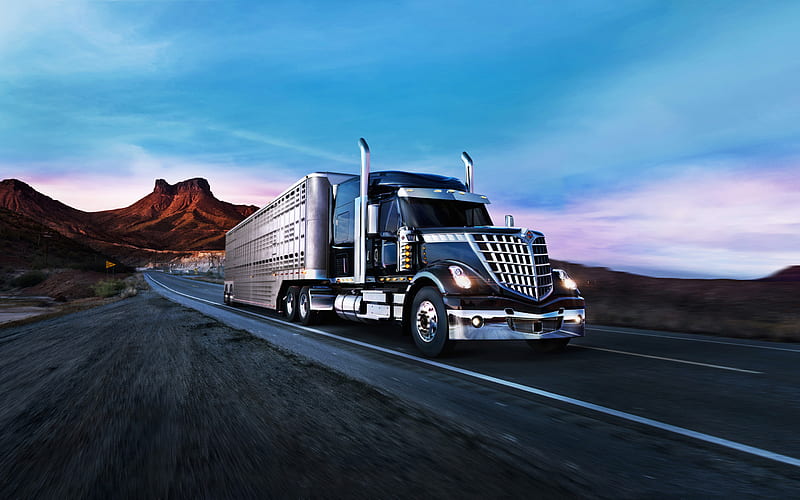Efficiency - Blogs

Are Trailers Really Getting Smarter with Electronic Logging Devices?
Introduction:
In the ever-evolving landscape of the transportation industry, technological advancements have led to significant changes in how trailers are managed, monitored, and maintained. One such advancement that has gained traction in recent years is the integration of Electronic Logging Devices (ELDs) into trailers. These devices promise to make trailers "smarter" by enhancing efficiency, safety, and compliance. But are trailers truly becoming smarter with the incorporation of ELDs? In this blog post, we will delve into the benefits, challenges, and potential impacts of ELDs on trailers in the modern transportation ecosystem.
The Rise of Electronic Logging Devices (ELDs):
Electronic Logging Devices, initially introduced to monitor drivers' hours of service, have gradually expanded their role to include trailer monitoring. ELDs are electronic solutions that track and record a wide range of data related to trailer operations, such as location, temperature, cargo status, maintenance needs, and more. This real-time data collection allows for improved decision-making, optimized route planning, and enhanced compliance with industry regulations.
Enhanced Efficiency and Asset Utilization:
One of the primary advantages of incorporating ELDs into trailers is the potential for enhanced operational efficiency. Fleet managers can gain instant insights into trailer locations, load status, and estimated arrival times. This real-time visibility enables better allocation of resources, reduces empty miles, and enhances asset utilization. By analyzing historical data, transportation companies can also identify trends and make informed adjustments to their operations, leading to cost savings and increased productivity.
Improved Safety and Compliance:
Safety is paramount in the transportation industry, and ELDs play a crucial role in promoting it. With the ability to monitor factors such as speed, harsh braking, and sudden accelerations, ELDs contribute to a safer driving environment. Moreover, ELDs help ensure compliance with hours-of-service regulations, preventing driver fatigue and reducing the risk of accidents caused by drowsy driving. Trailer-specific data, such as tire pressure and brake health, can also be monitored to prevent potential safety hazards.
Challenges and Considerations:
While ELDs offer numerous benefits, their implementation is not without challenges. The upfront cost of equipping trailers with ELDs, as well as ongoing maintenance and subscription fees, can strain the budgets of some transportation companies, particularly smaller ones. Additionally, ensuring data security and protecting sensitive information from potential cyber threats is a critical concern. Striking a balance between the benefits of data collection and the protection of privacy rights is an ongoing challenge.
Future Implications:
As ELD technology continues to evolve, the future implications for smarter trailers are promising. Machine learning and artificial intelligence could be leveraged to analyze data patterns and predict maintenance needs, reducing downtime and minimizing costly breakdowns. Integration with other emerging technologies, such as blockchain, could enhance transparency and traceability throughout the supply chain. As the transportation industry becomes increasingly interconnected, ELD-equipped trailers could pave the way for more efficient and sustainable logistics operations.
Conclusion:
In the quest for greater efficiency, safety, and compliance within the transportation industry, Electronic Logging Devices are undeniably playing a significant role in making trailers smarter. The real-time data collection, enhanced visibility, and potential for predictive maintenance have the potential to revolutionize how trailers are managed and operated. While challenges exist, the ongoing advancements in ELD technology suggest that trailers are indeed on a path toward greater intelligence and effectiveness in the modern logistics landscape.
